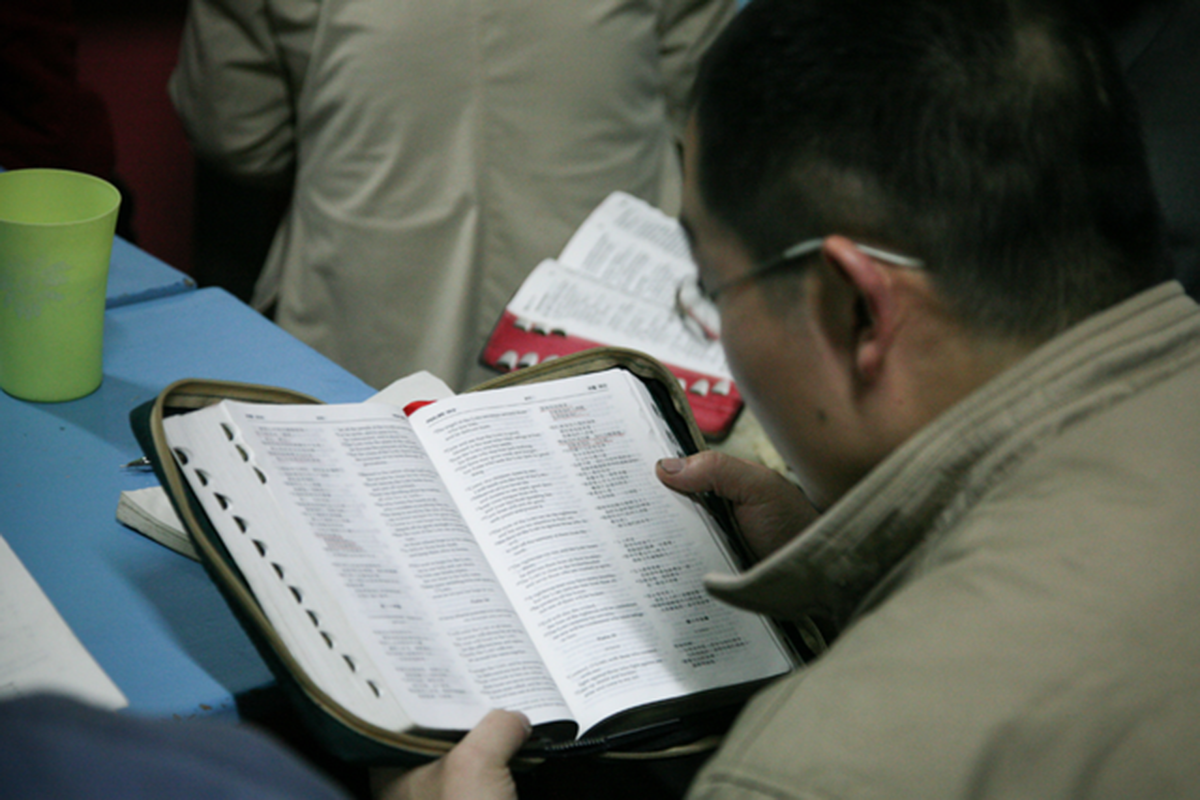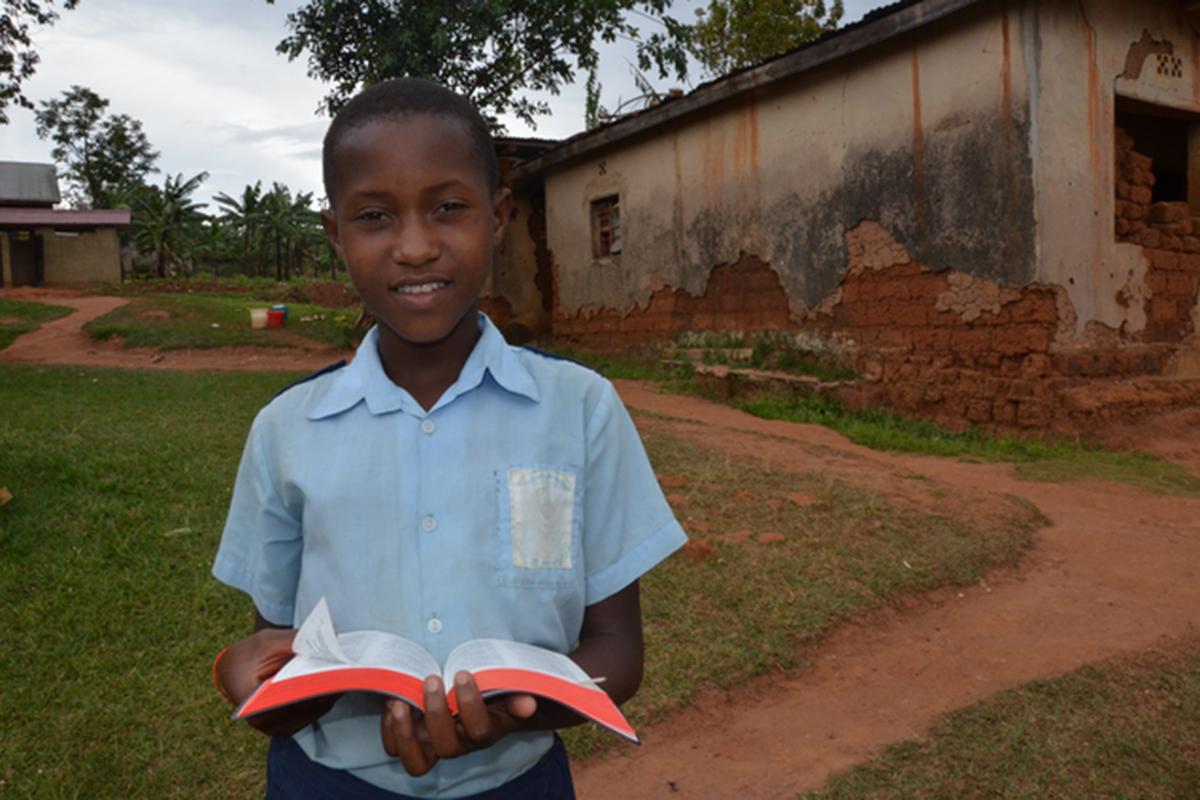You’ve most likely read one of my favorite books of all time: To Kill a Mockingbird by Harper Lee. Even if it wasn’t required reading when you were in school, many adults today have read it — or at least seen the movie.
It’s a book I’ve reread multiple times and hold particularly dear.
But despite its popularity and the fact that it won the Pulitzer Prize and was made into a successful movie, To Kill a Mockingbird was banned in one Washington school as recently as 2023.
It’s disheartening to discover that others see a book you cherish as offensive. But it’s the same way with the Bible.

People in restricted countries often struggle to get Bibles
Often labeled as “controversial,” “unorthodox,” and “dangerous,” God’s Word is the most widely banned Book in the world.
In some countries, finding a Bible is almost impossible. In North Korea and Iran, owning one is illegal … and being caught with one could have you killed.
This week is Banned Books Week, a campaign begun in 1982 by the American Library Association to fight the censorship of books.
Readers and book lovers around the country celebrate America’s freedoms by reading previously banned books and promoting authors whose books have been called into question. But people in closed or restricted countries don’t have that right; if they could even find a banned book, it could mean jail … or even death.

Can you imagine being persecuted, imprisoned, or even executed for owning a Bible?
Yet being forbidden makes the Bible even more desirable to many seekers. People in closed countries often look for Bibles on the black market because they’re intrigued by the contents. They wonder why someone would risk his life to own this Book.
Christ-followers are encouraged to read the Bible and understand that it helps to grow their faith and love for God. But His Word is banned in many places because it speaks a truth some nations don’t want their people to discover.
The American Library Association states that Banned Books Week “stresses the importance of ensuring the availability of those unorthodox or unpopular viewpoints to all who wish to read them.”
And similarly, when you help send Bibles into closed or restricted countries, you are ensuring people have access to the Gospel’s “controversial” views.

While you may have several copies of God’s Word around your house … many Christians have never even held one
Christians can agree that the most widely banned Book in the world is the one everyone needs to read. We need to stand together against the censorship of God’s Word and ensure it is available to all people.
Christ-followers in countries like Iran, China, and Nigeria take a great risk by reading the Scriptures — but they’re still willing to do anything to hold a copy in their hands.
Others living in impoverished or remote areas simply can’t afford their own copy of God’s Word. Many have never even seen a Bible.
On top of all that, many Christians in these nations are on the verge of starvation as natural disasters, conflict, and food shortages continue to plague the world.

You can provide the life-changing gift of Bibles worldwide!
These people are starving spiritually and physically. But for just $10, you can provide a Christ-follower or seeker with their very own Bible — a book that will change their life forever.
And since people often share God’s Word with friends and family, every Bible you give will impact around five people!
If I hadn’t been allowed to read “To Kill a Mockingbird” for myself, I’d never have known how much I love Harper Lee and her characters. And if people aren’t given a chance to read the Bible, they’ll never fully understand the treasure of a relationship with Jesus Christ.
So, wrap up this Banned Books Week by giving one person the gift of reading the greatest — and most controversial — Book ever written.



